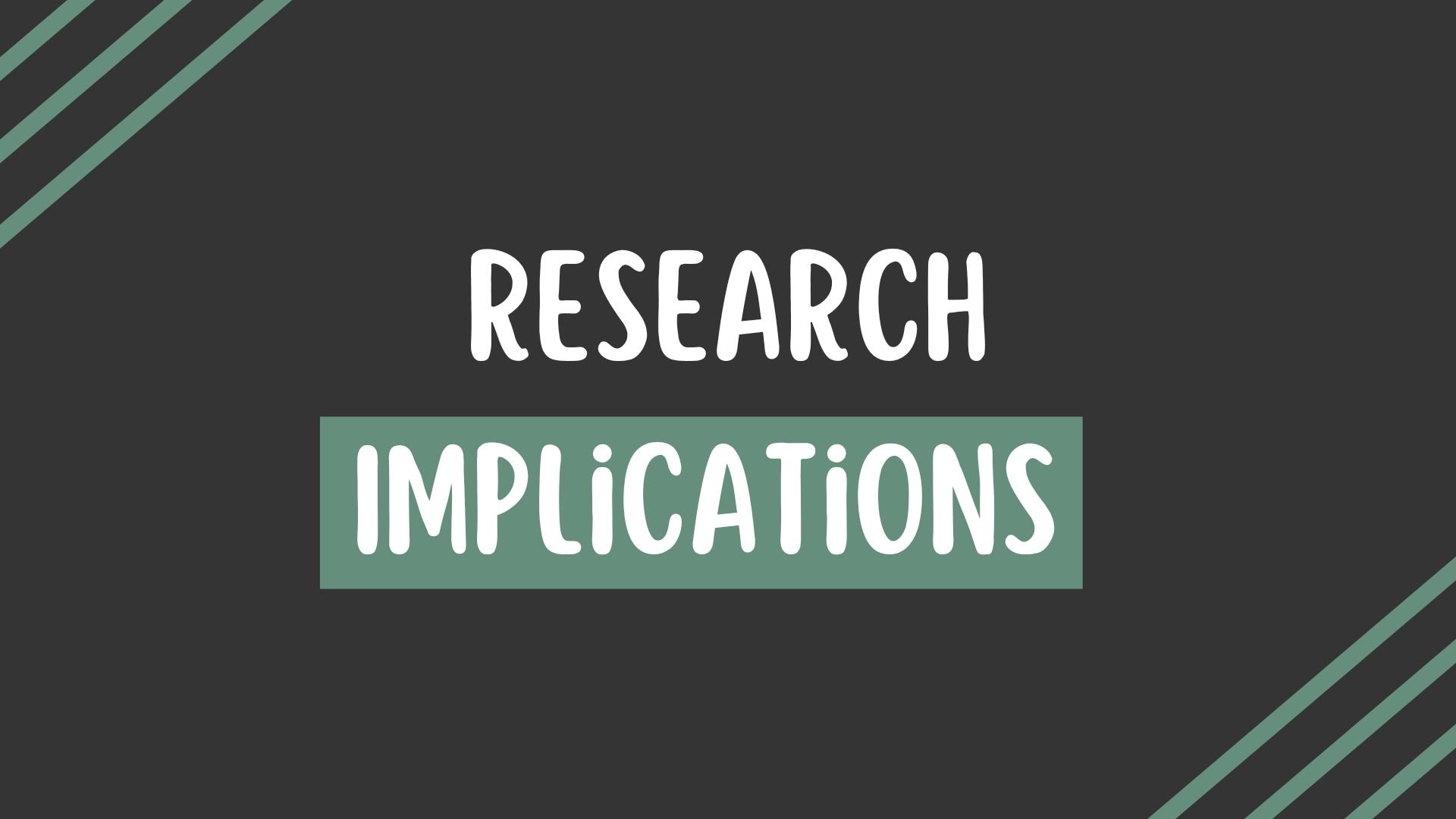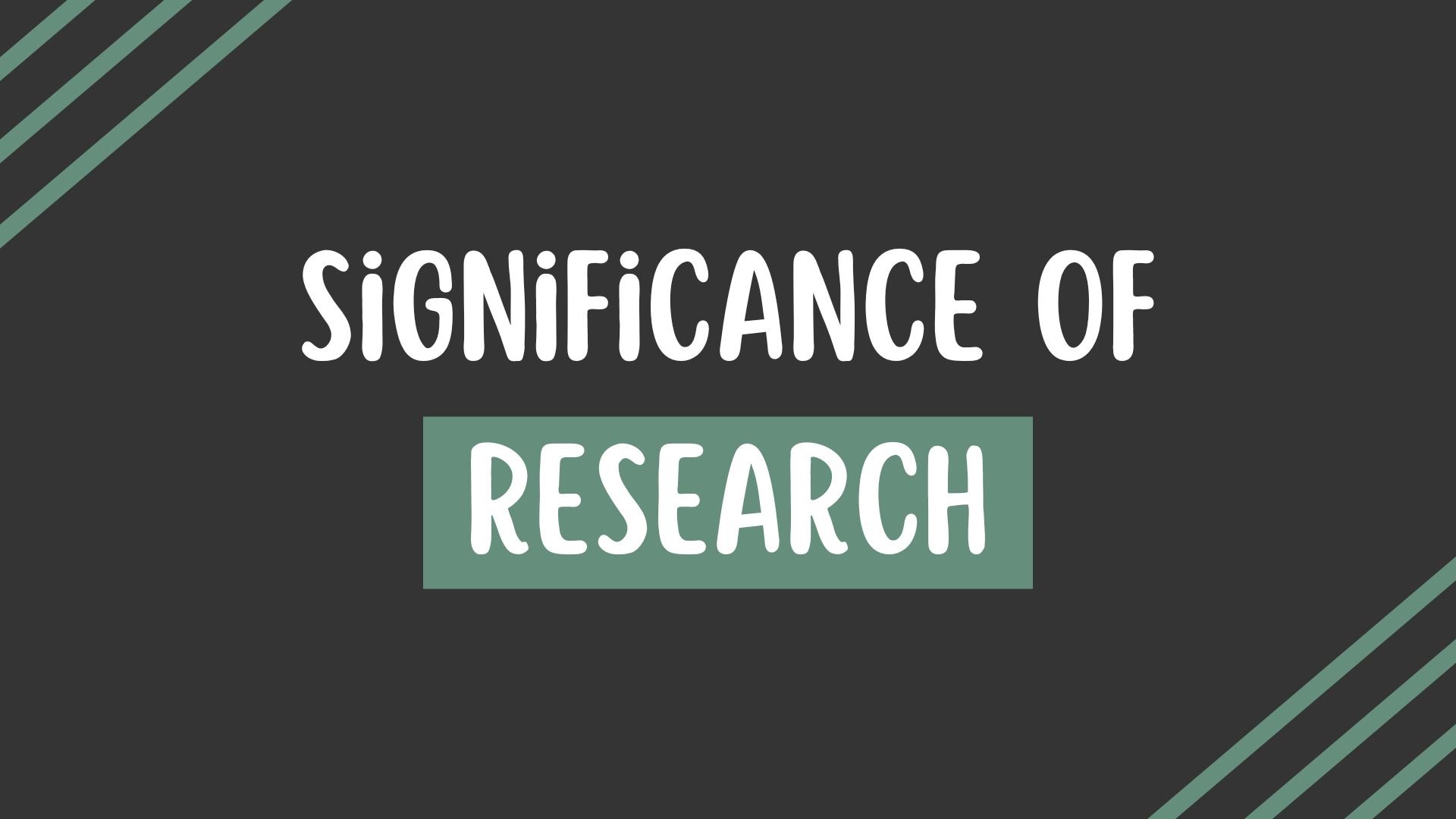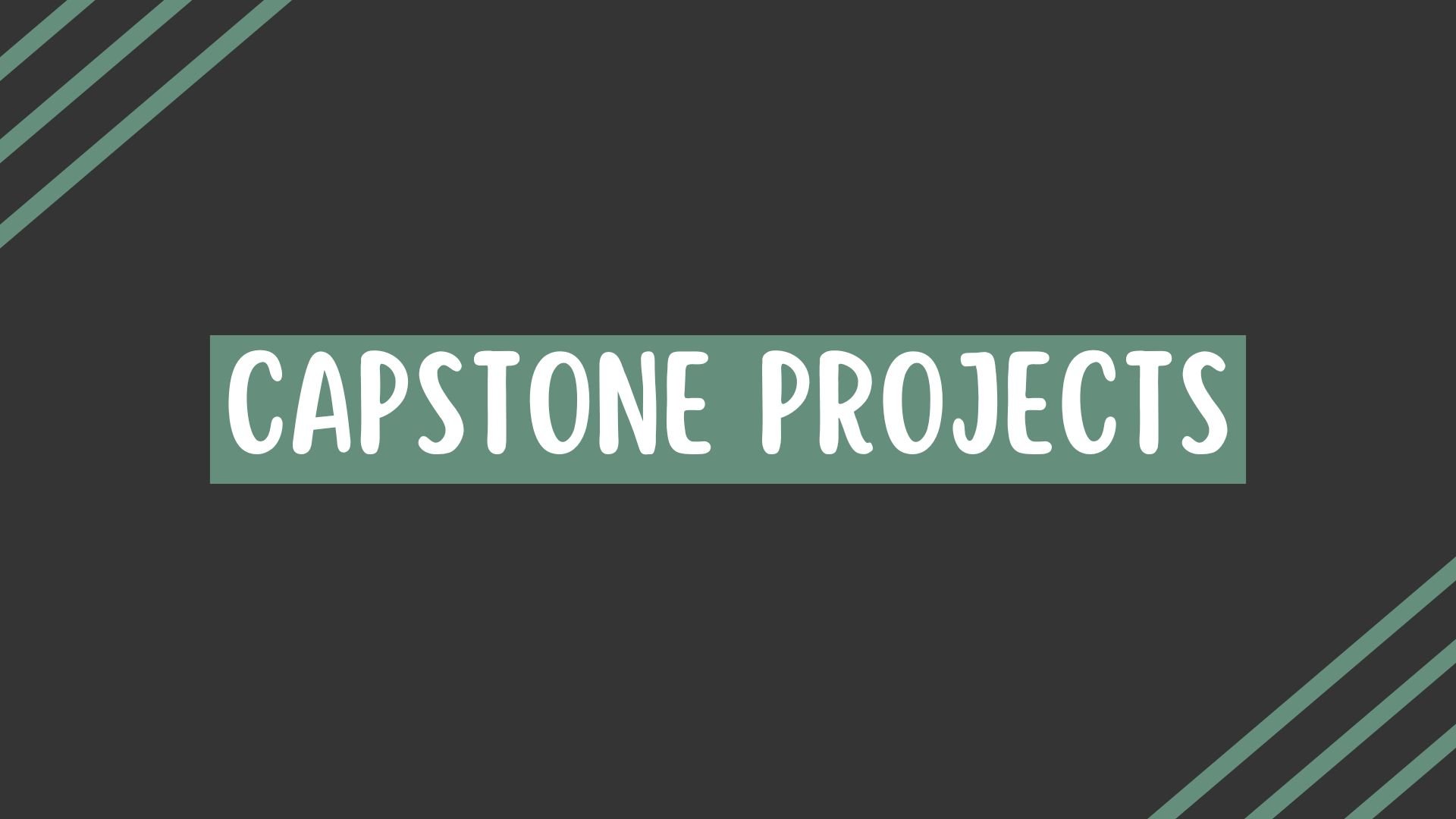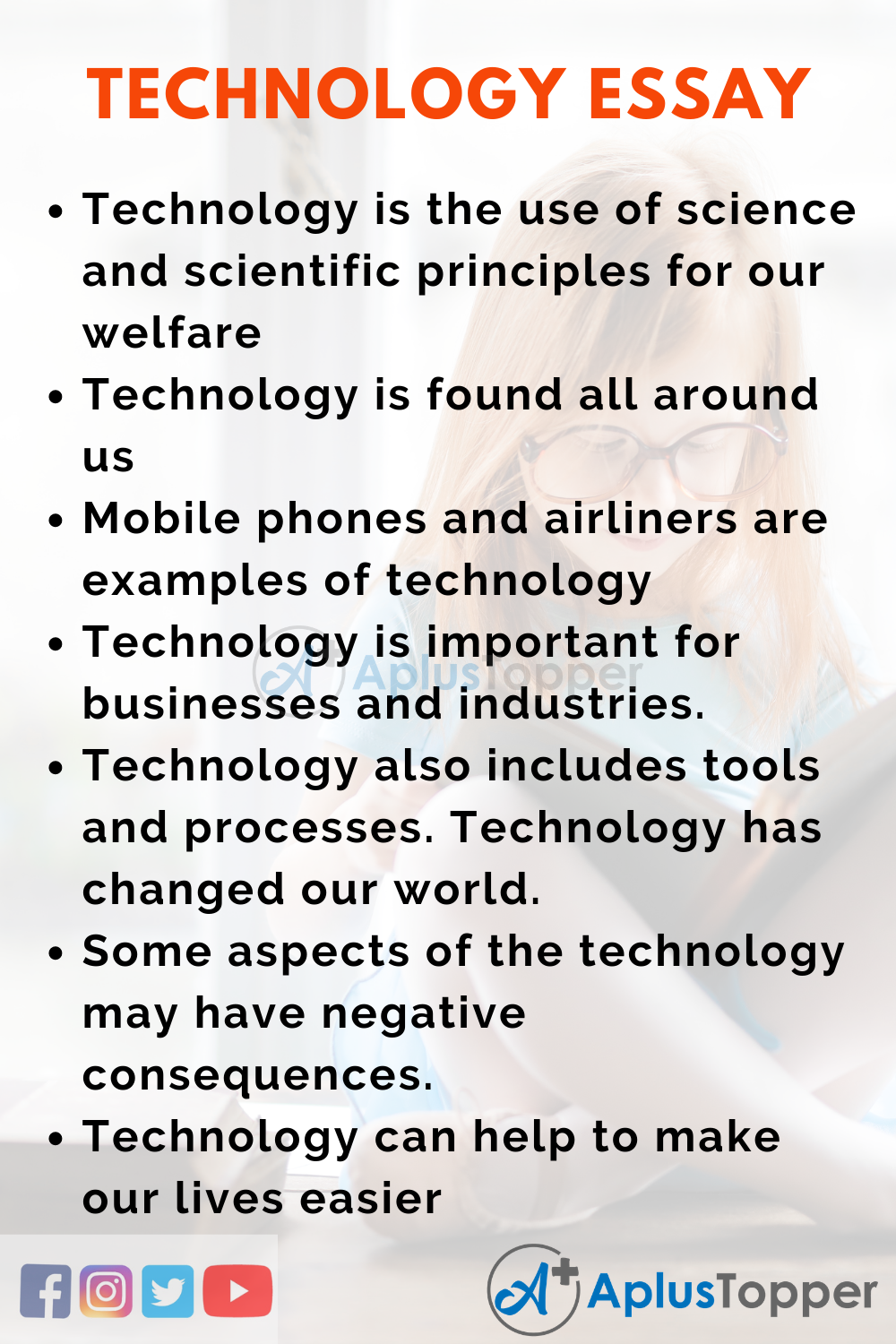

Sample Essays on Technology (300, 500, and 1000 Words)
- July 10, 2024
Dr. Marvin L. Smith
In today’s rapidly evolving digital landscape, the ability to articulate thoughts on technology’s impact on our world is becoming increasingly important. Whether you’re a student working on a class assignment, a researcher preparing a paper, or a professional crafting a report, understanding how to write effectively about technology at various lengths is a valuable skill.
This article presents three sample essays on the topic of technology, each tailored to a specific word count: 300, 500, and 1000 words. These essays serve as models to demonstrate how the same subject can be approached with different levels of depth and detail, depending on the required length.
The 300-word essay offers a concise overview, touching on key points about technology’s influence on our lives. The 500-word version allows for a more detailed exploration of these themes, while the 1000-word essay provides a comprehensive analysis, delving into nuanced aspects of technology’s impact across various sectors.
By examining these samples, readers can gain insights into effective essay structure, the art of scaling content to meet word count requirements, and techniques for maintaining coherence and depth at different lengths. Whether you’re looking to craft a brief summary or an in-depth analysis, these examples will guide you in articulating your thoughts on technology’s role in shaping our present and future.
As you read through these sample essays, pay attention to how ideas are introduced, developed, and concluded at each length. Notice how additional details, examples, and perspectives are incorporated as the word count increases, providing a roadmap for your own writing endeavors on this ever-relevant topic.
Sample Essay on Technology (300, 500, and 1000 Words)
The following are three sample essays on technology, each crafted to demonstrate effective writing at different lengths
Technology: Shaping Our Present and Future (300 words)
Technology has become an integral part of our daily lives, revolutionizing the way we work, communicate, and interact with the world around us. From smartphones to artificial intelligence, technological advancements have transformed nearly every aspect of society, bringing both unprecedented opportunities and complex challenges.
One of the most significant impacts of technology is in the realm of communication. The internet and mobile devices have made it possible to connect with people across the globe instantly, breaking down geographical barriers and fostering global collaboration. Social media platforms have changed how we share information and maintain relationships, though they also raise concerns about privacy and the spread of misinformation.
In the workplace, technology has dramatically increased productivity and efficiency. Automation and artificial intelligence are streamlining processes and enabling businesses to operate on a global scale. However, these advancements also raise questions about job displacement and the need for workers to continuously adapt their skills to remain relevant in an evolving job market.
Education has been transformed by technology, with online learning platforms and digital resources making knowledge more accessible than ever before. Students can now access a wealth of information at their fingertips, collaborate on projects remotely, and engage with interactive learning tools that cater to diverse learning styles.
While the benefits of technology are numerous, it also presents challenges. Issues such as cybersecurity threats, digital addiction, and the environmental impact of electronic waste require careful consideration and proactive solutions.
As we look to the future, emerging technologies like quantum computing, biotechnology, and space exploration promise to push the boundaries of human achievement even further. It is crucial that we approach these advancements with a balance of enthusiasm and ethical consideration, ensuring that technology continues to serve humanity’s best interests while mitigating potential risks.
Technology: Transforming Our World (500 words)
In the 21st century, technology has become the driving force behind unprecedented changes in human society. From the way we communicate and work to how we learn and entertain ourselves, technological advancements have reshaped nearly every facet of our lives. This digital revolution brings with it a myriad of opportunities and challenges that are continually evolving as innovation pushes forward at an ever-increasing pace.
One of the most profound impacts of technology is in the realm of communication. The internet, coupled with mobile devices, has created a globally connected world where information flows freely across borders. Social media platforms have revolutionized how we share experiences, express opinions, and maintain relationships. While this interconnectedness has fostered global collaboration and cultural exchange, it also raises concerns about privacy, the spread of misinformation, and the potential for technology to exacerbate social divisions.
In the workplace, technology has dramatically increased productivity and efficiency. Automation and artificial intelligence are streamlining processes, enabling businesses to operate on a global scale with unprecedented speed and accuracy. Cloud computing has made it possible for teams to collaborate seamlessly across vast distances, while data analytics provides insights that drive informed decision-making. However, these advancements also raise questions about job displacement and the need for workers to continuously adapt their skills to remain relevant in an evolving job market.
The field of education has been transformed by technology, with online learning platforms and digital resources making knowledge more accessible than ever before. Students can now access a wealth of information at their fingertips, engage with interactive learning tools, and participate in virtual classrooms that transcend geographical boundaries. This democratization of education has the potential to reduce inequalities and provide opportunities for lifelong learning.
Healthcare is another sector experiencing a technological revolution. Telemedicine, wearable devices, and AI-assisted diagnostics are improving patient care and making healthcare more accessible. Genetic engineering and personalized medicine promise to revolutionize treatment approaches, while 3D printing technology is opening new possibilities in prosthetics and organ transplantation.
The entertainment industry has been radically altered by technology, with streaming services, virtual reality, and augmented reality offering immersive experiences that blur the lines between the digital and physical worlds. Gaming has evolved into a multi-billion dollar industry, with esports competitions drawing millions of viewers worldwide.
While the benefits of technology are numerous, it also presents significant challenges. Cybersecurity threats have become increasingly sophisticated, posing risks to individuals, businesses, and national security. The issue of digital addiction, particularly among younger generations, raises concerns about mental health and social development. Additionally, the rapid pace of technological change often outpaces regulatory frameworks, creating ethical dilemmas in areas such as data privacy, AI development, and biotechnology.
The environmental impact of technology is another critical consideration. While innovations in renewable energy and smart city design offer hope for a more sustainable future, the production and disposal of electronic devices contribute significantly to pollution and resource depletion.
As we look to the future, emerging technologies like quantum computing, nanotechnology, and space exploration promise to push the boundaries of human achievement even further. It is crucial that we approach these advancements with a balance of enthusiasm and ethical consideration, ensuring that technology continues to serve humanity’s best interests while mitigating potential risks.
In conclusion, technology’s role in shaping our world is undeniable and irreversible. As we navigate this digital age, it is essential to harness the power of innovation responsibly, addressing challenges proactively and working towards a future where technology enhances human potential and contributes to the greater good of society.
Technology: Revolutionizing Our World and Shaping Our Future (1000 words)
In the rapidly evolving landscape of the 21st century, technology stands as the cornerstone of unprecedented change, reshaping the very fabric of human society. From the smartphones in our pockets to the artificial intelligence powering industries, technological advancements have permeated every aspect of our lives, transforming how we communicate, work, learn, and interact with the world around us. This digital revolution brings with it a complex tapestry of opportunities and challenges, continually evolving as innovation pushes forward at an ever-accelerating pace.
Perhaps the most visible impact of technology is in the realm of communication. The internet, coupled with mobile devices, has created a globally connected world where information flows freely across borders at the speed of light. Social media platforms have revolutionized how we share experiences, express opinions, and maintain relationships, effectively shrinking the world into a global village. This interconnectedness has fostered unprecedented levels of global collaboration, cultural exchange, and the rapid dissemination of ideas.
However, this communication revolution is not without its drawbacks. The ease of sharing information has also facilitated the spread of misinformation and “fake news,” challenging our ability to discern truth from fiction. Privacy concerns have come to the forefront as personal data becomes a valuable commodity, often harvested and exploited by corporations and malicious actors alike. The addictive nature of social media platforms raises questions about their impact on mental health, particularly among younger generations.
In the professional sphere, technology has dramatically increased productivity and efficiency, reshaping the very nature of work. Automation and artificial intelligence are streamlining processes, enabling businesses to operate on a global scale with unprecedented speed and accuracy. Cloud computing has made it possible for teams to collaborate seamlessly across vast distances, while data analytics provides insights that drive informed decision-making.
The rise of remote work, accelerated by recent global events, has demonstrated the potential for technology to redefine traditional work structures. Virtual meetings, collaborative software, and secure networks have made it possible for many to work from anywhere, potentially reshaping urban landscapes and commuting patterns.
However, these advancements also raise critical questions about the future of employment. As automation and AI continue to evolve, concerns about job displacement loom large. The need for workers to continuously adapt their skills to remain relevant in an evolving job market has never been more pressing, highlighting the importance of lifelong learning and adaptability in the modern workforce.
The field of education has been profoundly transformed by technology, with online learning platforms and digital resources making knowledge more accessible than ever before. Students can now access a wealth of information at their fingertips, engage with interactive learning tools, and participate in virtual classrooms that transcend geographical boundaries. This democratization of education has the potential to reduce inequalities and provide opportunities for lifelong learning to people of all ages and backgrounds.
Adaptive learning technologies, powered by AI, are personalizing education to meet individual student needs, potentially revolutionizing how we approach teaching and learning. Virtual and augmented reality technologies are creating immersive learning experiences, bringing abstract concepts to life and enhancing engagement.
However, the digital divide remains a significant challenge, with disparities in access to technology and high-speed internet potentially exacerbating educational inequalities. Additionally, the shift to digital learning raises questions about the social and emotional aspects of education that are traditionally fostered in physical classrooms.
The healthcare sector is experiencing a technological revolution that promises to transform patient care and medical research. Telemedicine has made healthcare more accessible, allowing patients to consult with doctors remotely. Wearable devices and IoT sensors are enabling continuous health monitoring, shifting the focus from reactive to preventive care. AI-assisted diagnostics are improving the accuracy and speed of disease detection, while robotic surgery is enhancing precision in complex procedures.
Genetic engineering and personalized medicine are opening new frontiers in treatment approaches, tailoring therapies to individual genetic profiles. 3D printing technology is creating new possibilities in prosthetics, implants, and even organ transplantation. The use of big data in healthcare is facilitating large-scale medical research, potentially accelerating the discovery of new treatments and cures.
However, these advancements also raise ethical concerns, particularly regarding data privacy, the equitable distribution of these technologies, and the potential for genetic discrimination. The integration of AI in healthcare decision-making also raises questions about accountability and the role of human judgment in medical care.
The entertainment industry has been radically altered by technology, with streaming services, virtual reality, and augmented reality offering immersive experiences that blur the lines between the digital and physical worlds. The rise of on-demand content has changed viewing habits and challenged traditional media models. Gaming has evolved into a multi-billion dollar industry, with esports competitions drawing millions of viewers worldwide and virtual worlds becoming increasingly sophisticated.
Social media influencers and user-generated content have democratized content creation, allowing individuals to reach global audiences. However, this shift has also raised concerns about content quality, intellectual property rights, and the impact of constant entertainment availability on productivity and mental health.
While technology offers solutions to many environmental challenges, it also presents its own set of environmental concerns. Innovations in renewable energy, smart grid systems, and energy-efficient devices are crucial in the fight against climate change. Smart city technologies promise to optimize resource use and reduce urban environmental footprints.
However, the production and disposal of electronic devices contribute significantly to pollution and resource depletion. The energy consumption of data centers and blockchain technologies raises questions about the sustainability of our digital infrastructure. Balancing technological progress with environmental stewardship remains a critical challenge for the coming decades.
As technology continues to advance at a rapid pace, it often outstrips our ability to fully understand its implications or develop appropriate regulatory frameworks. Ethical dilemmas abound in areas such as AI development, data privacy, biotechnology, and the use of technology in warfare. The potential for technology to exacerbate social inequalities or be used for surveillance and control raises important questions about power dynamics in the digital age.
Looking to the future, emerging technologies like quantum computing, nanotechnology, and space exploration promise to push the boundaries of human achievement even further. The potential for these technologies to solve global challenges, from climate change to disease, is immense. However, they also carry risks that must be carefully managed.
As we navigate this digital age, it is clear that technology’s role in shaping our world is both undeniable and irreversible. The challenges we face are complex and multifaceted, requiring thoughtful consideration and proactive solutions. It is crucial that we approach technological advancements with a balance of enthusiasm and ethical consideration, ensuring that innovation serves humanity’s best interests while mitigating potential risks.
The future we create will depend on our ability to harness the power of technology responsibly, addressing challenges head-on, and working towards a world where technological progress enhances human potential and contributes to the greater good of society. As we stand on the brink of new technological frontiers, our choices today will shape the world of tomorrow, making it imperative that we proceed with wisdom, foresight, and a commitment to the wellbeing of all.
Ready to transform your writing experience?
Sign up for Blainy today and start writing your papers with confidence!
About the Author:

Research Implications 101: A Beginner’s Guide to Writing for Impact

The Significance of Research: Why It Matters

What is a Position Paper? Definition, Purpose & Examples

How to Write a Biographical Essay?

Capstone Projects 101: Definition, Purpose, and More

How to Rephrase a Thesis Statement in 4 Easy Steps

Unlock effortless writing excellence with the world's #1 AI-powered essay and research paper writer. Experience instant research paper perfection and elevate your writing to the next level.
Limited time offers 🎁🎉.
Black Friday Sale
Cyber Monday Sale
Discover More
50+ Free AI Tools
Terms & Condition
Privacy Policy
✉ [email protected]
✆ +971 50 760 0820
📍190 Hackett Inlet, Eastern Region, Dubai, UAE.
Copyright © 2024 Blainy
Essay on Technology – A Boon or Bane for Students
500+ words essay on technology for students.
In this essay on technology, we are going to discuss what technology is, what are its uses, and also what technology can do? First of all, technology refers to the use of technical and scientific knowledge to create, monitor, and design machinery. Also, technology helps in making other goods that aid mankind.
Essay on Technology – A Boon or Bane?
Experts are debating on this topic for years. Also, the technology covered a long way to make human life easier but the negative aspect of it can’t be ignored. Over the years technological advancement has caused a severe rise in pollution . Also, pollution has become a major cause of many health issues. Besides, it has cut off people from society rather than connecting them. Above all, it has taken away many jobs from the workers class.

Familiarity between Technology and Science
As they are completely different fields but they are interdependent on each other. Also, it is due to science contribution we can create new innovation and build new technological tools. Apart from that, the research conducted in laboratories contributes a lot to the development of technologies. On the other hand, technology extends the agenda of science.

Vital Part of our Life
Regularly evolving technology has become an important part of our lives. Also, newer technologies are taking the market by storm and the people are getting used to them in no time. Above all, technological advancement has led to the growth and development of nations.
Negative Aspect of Technology
Although technology is a good thing, everything has two sides. Technology also has two sides one is good and the other is bad. Here are some negative aspects of technology that we are going to discuss.
Get the huge list of more than 500 Essay Topics and Ideas
With new technology the industrialization increases which give birth to many pollutions like air, water, soil, and noise. Also, they cause many health-related issues in animals, birds, and human beings.
Exhaustion of Natural Resources
New technology requires new resources for which the balance is disturbed. Eventually, this will lead to over-exploitation of natural resources which ultimately disturbs the balance of nature.
Unemployment
A single machine can replace many workers. Also, machines can do work at a constant pace for several hours or days without stopping. Due to this, many workers lost their job which ultimately increases unemployment .
Types of Technology
Generally, we judge technology on the same scale but in reality, technology is divided into various types. This includes information technology, industrial technology , architectural technology, creative technology and many more. Let’s discuss these technologies in brief.
Industrial Technology
This technology organizes engineering and manufacturing technology for the manufacturing of machines. Also, this makes the production process easier and convenient.
Creative Technology
This process includes art, advertising, and product design which are made with the help of software. Also, it comprises of 3D printers , virtual reality, computer graphics, and other wearable technologies.
Information Technology
This technology involves the use of telecommunication and computer to send, receive and store information. Internet is the best example of Information technology.

FAQs on Essay on Technology
Q.1 What is Information technology?
A – It is a form of technology that uses telecommunication and computer systems for study. Also, they send, retrieve, and store data.
Q.2 Is technology harmful to humans?
A – No, technology is not harmful to human beings until it is used properly. But, misuses of technology can be harmful and deadly.
Download Toppr – Best Learning App for Class 5 to 12
Toppr provides free study materials, last 10 years of question papers, 1000+ hours of video lectures, live 24/7 doubts solving, and much more for FREE! Download Toppr app for Android and iOS or signup for free.
Customize your course in 30 seconds
Which class are you in.

- Travelling Essay
- Picnic Essay
- Our Country Essay
- My Parents Essay
- Essay on Favourite Personality
- Essay on Memorable Day of My Life
- Essay on Knowledge is Power
- Essay on Gurpurab
- Essay on My Favourite Season
- Essay on Types of Sports
Leave a Reply Cancel reply
Your email address will not be published. Required fields are marked *
Download the App


Improve your Grades
Technology Essay | Essay on Technology for Students and Children in English
February 14, 2024 by Prasanna
Technology Essay: Technology essay aims to educate readers about the advent of technology and its current applications. Today, our lives are far more convenient and easy, with everything we need at our fingertips. Though we may take technology for granted, we need to remember that what we have today is the culmination of hundreds of years of scientific progress and breakthrough. Inventions such as the internet and mobile phones have changed the world forever.
The human lifespan, in the 21st century, has greatly increased due to advancements in medical technology and medicine. However, less than 200 years ago, having a fever or a cut can become life-threatening very quickly. Vaccines or treatments for many diseases did not exist as well. On the industrial front, progress was slow and time-consuming. Transportation was rather primitive and prohibitively expensive, ensuring that only the rich and famous could use it. Read on to explore how the advent of technology changes our lives forever.
You can read more Essay Writing about articles, events, people, sports, technology many more.
Long and Short Essays on Technology for Students and Kids in English
The essays provided here cater to students of all classes. Long essays are suited for students of class 9 and above. Short essays are comparatively easier to understand and are well-suited for students of class 5 and above. The 10-lines essay is suited for students of class 4 and below.
Long Essay on Technology Essay 500 Words in English
A Long Essay on Technology will be helpful for students in classes 7, 8, 9, 10, 11 and 12.
What is Technology Essay?
Technology is all around us, from the smartphones and smartwatches to solar-powered street lights and all-electric cars. So how do we define technology? Are there any criteria that can be used to define the term “technology?” Can fire discovered by a caveman hundreds of thousands of years ago be considered as technology?
Defining Technology
Technology is born with the accomplishment of scientific progress and breakthroughs. However, the exact definition of technology varies according to context.
- Technology can be defined as the application of scientific knowledge to change and manipulate the human environment.
- Technology can also be defined as the branch of knowledge that caters to the creation and use of technical means and their relationship with society and environment, using engineering, applied and pure science.
- The sum of ways in which social groups provide themselves with material objects of their civilization.
History of Technology
The term technology is derived from the ancient Greek words “techne” and “logos”, which translates to “art, craft” and “word, speech” respectively. The term was used for the first time in the 17th century, and it was denoted to mean “a discussion of the applied arts”. However, with the industrial movement beginning in the 20th century, the term “technology” was used to represent a range of processes and techniques, in addition to machinery and tools. Over time, the term was used to associate scientific progress and breakthroughs in various disciplines.
Technological Advancements
The Renaissance, which occurred from the 14th to 17th centuries in Europe, marked a surge of interest in literature, arts and science. Most of today’s fundamental principles and the basis for many inventions were established during that time. For instance, renowned scientists, astronomers and inventors such as Leonardo da Vinci, Nicolaus Copernicus, Rene Descartes, Blaise Pascal, all lived during this time period. These individuals contributed many principles, theories and ideas that would become the basis for all the things we have in our world today.
The next big leap in technological advancement came during the Industrial Revolution, which began in the 1760s. This movement gave birth to many inventions such as the steam engine, the Spinning Jenny, the power loom and the electrical telegraph. When the world plunged into the two world wars, technological progress skyrocketed. This is because if any national had technological superiority, it could mean the difference between life and death. World War II, in particular, spawned countless innovations and inventions. The most significant inventions include the jet engine, synthetic rubber, radar, helicopters and penicillin.
Pros and Cons of Technology
Technology is a boon for many of us by making our lives easier.
- Enable instant communication and interaction
- Improves quality of life
- Helps to ensure safety
- Easy access to information/ products or services
Though technology has changed our lives for the better, there are many negative implications.
- Causes addiction
- Increases pollution
- Create a shortage of jobs
- Natural resources get exhausted
Short Essay about Technology 250 Words in English
A Short Essay on Technology will be helpful for students in classes 1, 2, 3, 4, 5, and 6.
Technology Essay Introduction
Technology, in its most basic sense, refers to the use of scientific knowledge to create, monitor and design tools and pieces of equipment, which are in turn used to make life easier for people.
Is Technology a Double-Edged Sword?
Some people may argue that technology can become detrimental over time. This is supported by the fact that our technology has drastically changed the earth. Most technological wastes do not decompose and end up contaminating the soil or water around them. Other technological inventions, such as diesel engines, coal-powered engines pump out large quantities of greenhouse gases. As a result, the ice caps are melting and the sea levels are rising. However, the inventors did not foresee the catastrophic consequences of their inventions.
Greener Future
We can still make a difference though- by promoting renewable and eco-friendly technology. Electric cars are the future in a world where oil and natural gas is nearly depleted. Solar-powered homes can be sustainable and reduce the burden on the power grid. Nuclear energy is far more feasible, economic and cleaner when compared to coal-powered plants. Such technologies may be the only way our planet does not become irreversibly damaged.
Conclusion on Technology Essay
Technology is one of the greatest tools for mankind, however, it has the potential to be misused. Technology can also cause some jobs to become obsolete, causing unemployment. Moreover, current technology needs to focus on being more eco-friendly and minimize their carbon footprints. This is the only way to ensure that technology does not result in the destruction of our natural resources and eventually, our planet.
10 Lines Essay on Technology 100 Words
- Technology is the use of science and scientific principles for our welfare
- Technology is found all around us
- Mobile phones and airliners are examples of technology
- Technology is important for businesses and industries
- Technology also includes tools and processes
- Technology has changed our world
- Some aspects of the technology may have negative consequences
- Technology can help to make our lives easier
- Video conferencing, which all of us use today, is the result of technology
- Technology has the potential to make our lives better, but it can also ruin it if we are not careful.

FAQ’s on Technology Essay
Question 1. How do you write a Technology essay?
Answer: A good essay on technology must include the definition, history, advantages and disadvantages. The essay must also be able to elaborate in detail and avoid grammatical errors.
Question 2. What is the importance of technology?
Answer: Technology makes our lives easier. Distances are reduced and the human lifespan is greatly increased.
Question 3. How is technology useful to us?
Answer: Technology can save precious time. It can also enable instant communication and interaction with people anywhere in the world. Moreover, technology improves our quality of life. It also ensures that we are safe from all harm. Inventions like the internet enable easy access to information.
Question 4. What is the disadvantage of technology?
Answer: Technologies, such as mobile phones or computers can cause addiction. Technology can also increase pollution and health problems. It can also create a shortage of jobs. Moreover, technology can deplete natural resources.
Question 5. Can technology improve our life?
Answer: Technology can certainly improve our lives if we use it responsibly.
Visit AplusTopper to explore the best learning resources and study materials for exams.
- Picture Dictionary
- English Speech
- English Slogans
- English Letter Writing
- English Essay Writing
- English Textbook Answers
- Types of Certificates
- ICSE Solutions
- Selina ICSE Solutions
- ML Aggarwal Solutions
- HSSLive Plus One
- HSSLive Plus Two
- Kerala SSLC
- Distance Education

IMAGES
VIDEO